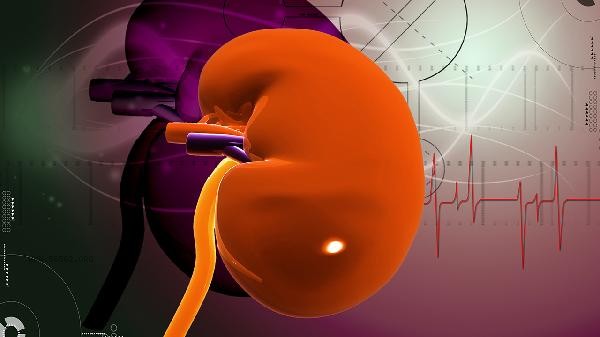It is usually recommended to identify the cause of high creatinine before targeted medication. Commonly used drugs include Uremic Clearance Granules, Kidney Failure Ning Tablets, Medicinal Charcoal Tablets, etc. Elevated creatinine may be caused by factors such as acute kidney injury, chronic kidney disease, and drug toxicity, and treatment plans should be selected based on specific causes.

1. Urinary toxin clearing granules:
is suitable for the early stage of chronic renal insufficiency and contains ingredients such as rhubarb and astragalus. It can improve azotemia by clearing the organs and reducing turbidity. This medicine can assist in reducing creatinine and urea nitrogen levels, but attention should be paid to the possibility of gastrointestinal reactions such as diarrhea during medication, and regular monitoring of electrolyte balance is necessary.
2. Shenshuai Ning Tablets:
contains blood activating and stasis removing ingredients such as Danshen and Rhubarb, which have a relieving effect on the elevation of creatinine caused by chronic renal failure. Clinical data shows that it can slow down the deterioration of kidney function, and should be used in conjunction with a low protein diet to avoid simultaneous use with potent diuretics.
3. Medicinal charcoal tablets:

As an intestinal adsorbent, it can combine with urinary toxins in the intestine to reduce reabsorption, and is suitable for sudden increases in creatinine caused by acute drug or toxin poisoning. It should be taken with a 2-hour interval from other medications, as long-term use may affect nutrient absorption.
4. Hypotensive drugs:
If elevated creatinine is caused by hypertensive nephropathy, angiotensin-converting enzyme inhibitors such as benazepril can improve glomerular pressure. This type of medication has a renal protective effect, but it is necessary to monitor changes in blood potassium and creatinine, and adjust the dosage when renal function is severely impaired.
5. Diuretics:
Loop diuretics such as furosemide are suitable for acute kidney injury caused by excessive volume load, reducing creatinine by promoting urination. During use, it is necessary to prevent electrolyte imbalance, which has limited effectiveness for patients with advanced chronic kidney disease. Patients with elevated creatinine levels should strictly control their daily protein intake between 0.6-0.8g/kg, and prioritize high-quality proteins such as eggs and fish. It is recommended to maintain a daily urine output of at least 2000ml to avoid excessive exercise that can burden the kidneys. Patients with combined hypertension should control their salt intake at 3-5g/day and regularly monitor their blood pressure and renal function indicators. Patients with chronic kidney disease can engage in low-intensity exercises such as walking and Tai Chi, 3-5 times a week for 30 minutes each time. Special attention should be paid to avoiding the use of nephrotoxic drugs such as nonsteroidal anti-inflammatory drugs, aminoglycoside antibiotics, etc. Any medication adjustments must be made under the guidance of a nephrologist.










Comments (0)
Leave a Comment
No comments yet
Be the first to share your thoughts!